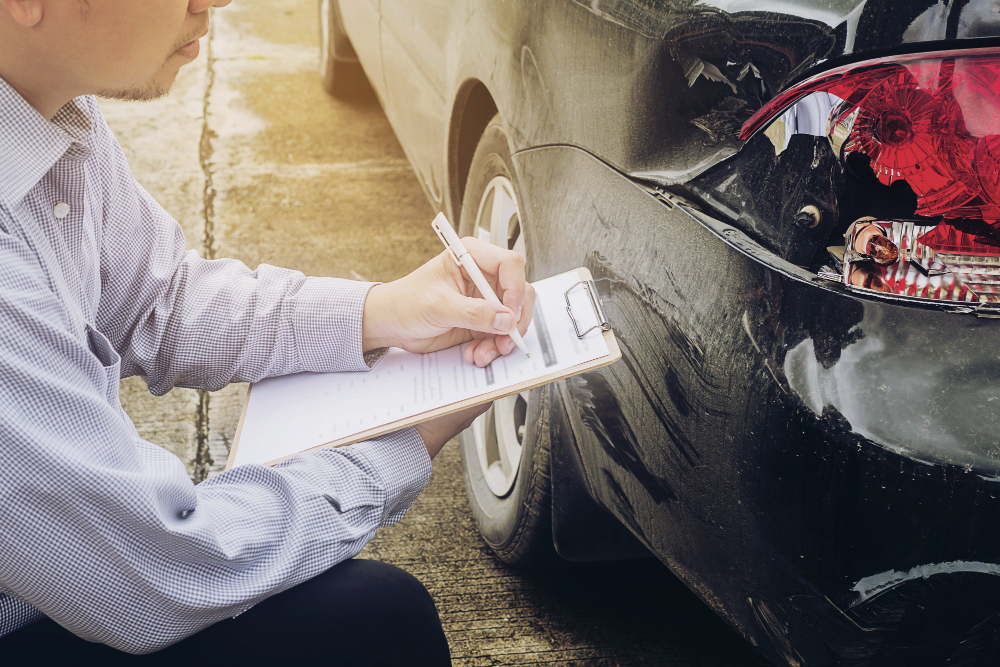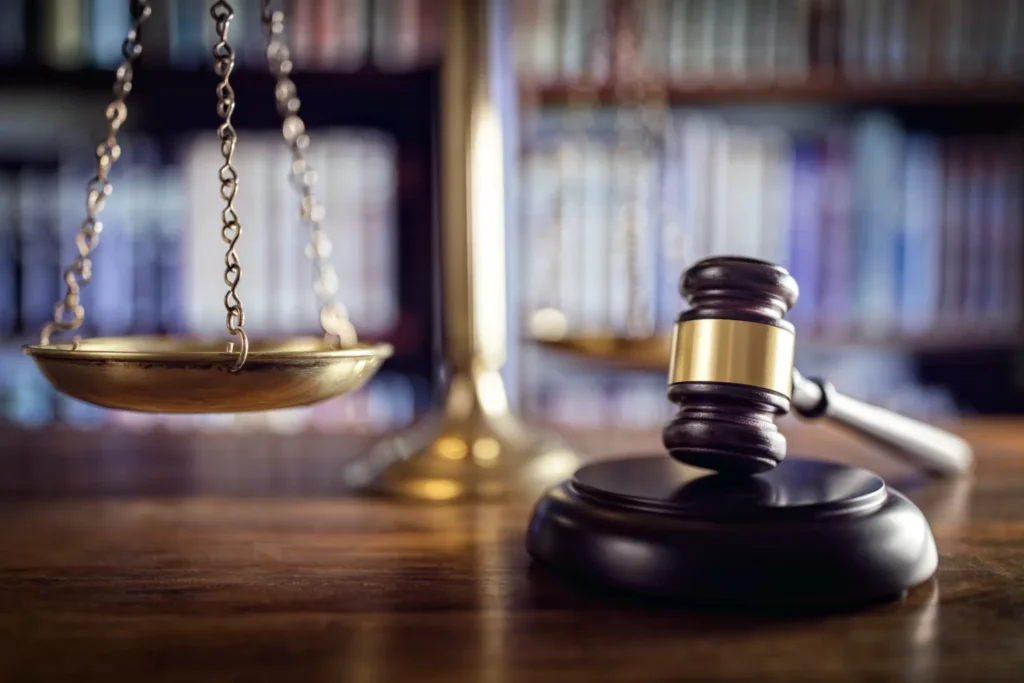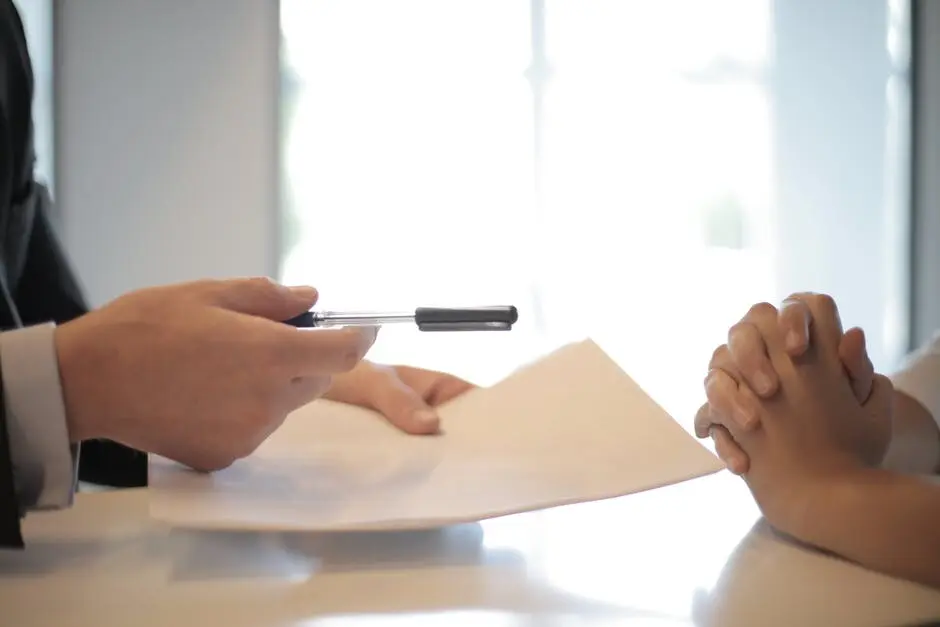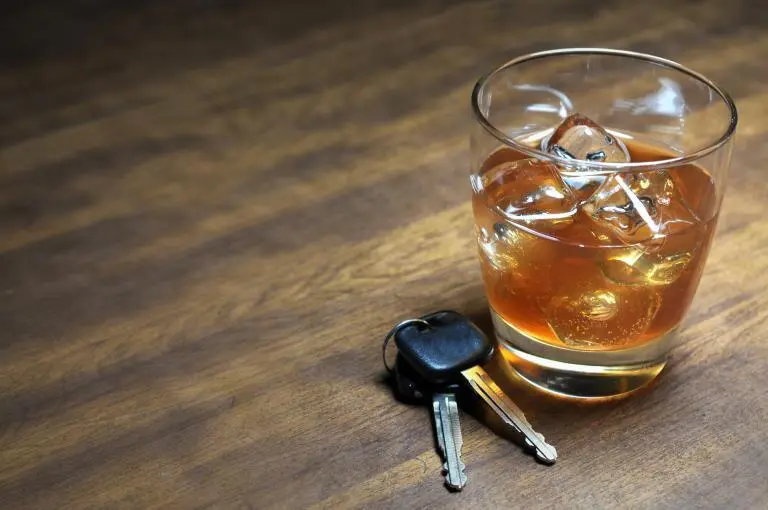Understanding the debate between publicizing and concealing information about DUI checkpoints.
DUI checkpoints are meant to deter drunk driving by increasing the chances of arrest. Generally, checkpoint location and times are publicized using High Visibility Enforcement (HVE) tactics to promote compliance with the law. However, not all organizations agree with advertising checkpoint information as it could allow drunk drivers to avoid targeted areas and get away with breaking the law and putting themselves and other innocent parties at risk. This leads to a major debate between publicizing and concealing information about DUI checkpoints. Here’s what you need to know about this conversation.
Publicizing DUI Checkpoints
The major benefit to advertising DUI checkpoints is that doing so protects the organization conducting the checkpoint. While checkpoints were deemed legal by the Supreme Court in 1990, there are some caveats to this ruling. For instance, the organization running the checkpoint needs to be wary of violating the Fourth Amendment, which outlaws unlawful searching. By publicly announcing checkpoints in advance, the organization can avoid serious legal issues related to the Fourth Amendment from arising.
Many leading agencies recommend advertising DUI checkpoints ahead of time. Some of the most prevalent include the following:
- The National Highway Traffic Administration
- The Centers for Disease Control
- The Community Preventative Services Task Force
- The National Academy of Sciences Engineering and Medicine
Surprise DUI Checkpoints
Traditionally, law enforcement agencies have preferred the use of surprise DUI checkpoints, stating their belief that publicizing the locations and times of these checkpoints may allow drunk drivers to avoid them. However, experts point out that there are still ways to get around surprise checkpoints. For instance, there are many apps that allow drivers to share information about DUI checkpoints in real-time. Despite this, many law enforcement agencies and politicians support the use of surprise DUI checkpoints as a better way to catch, punish, and deter drunk drivers.
This is what you need to know about the debate between publicizing and concealing information about DUI checkpoints. Have you been charged with a DUI and need to secure Florida FR44 insurance? If so, then contact the experts at Staybull Insurance. We are ready to assist you with your specialty car coverage needs today.





